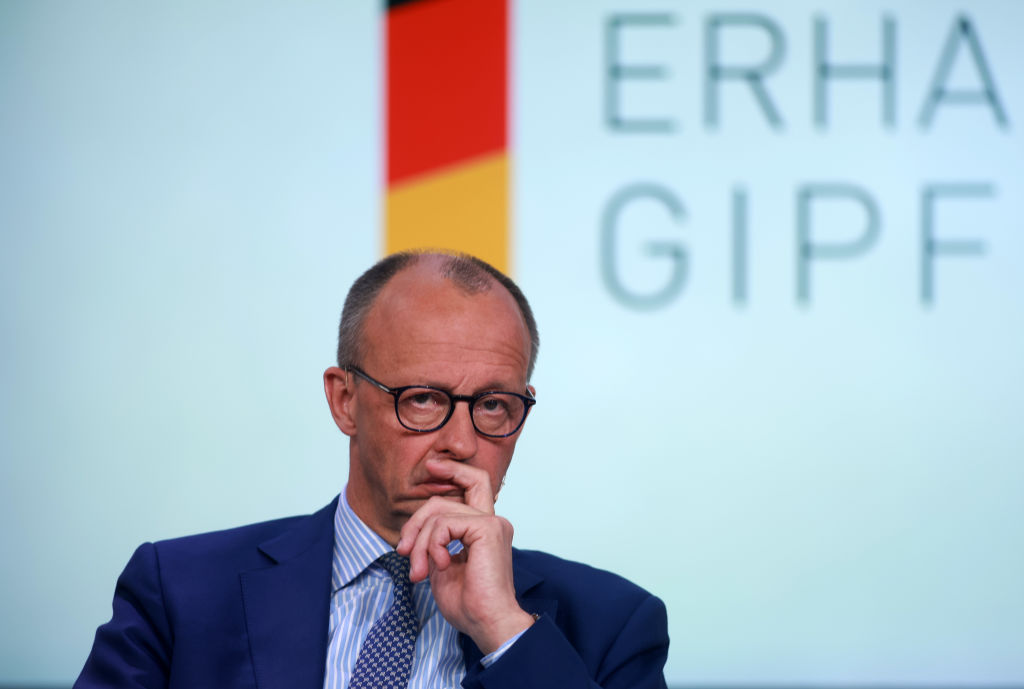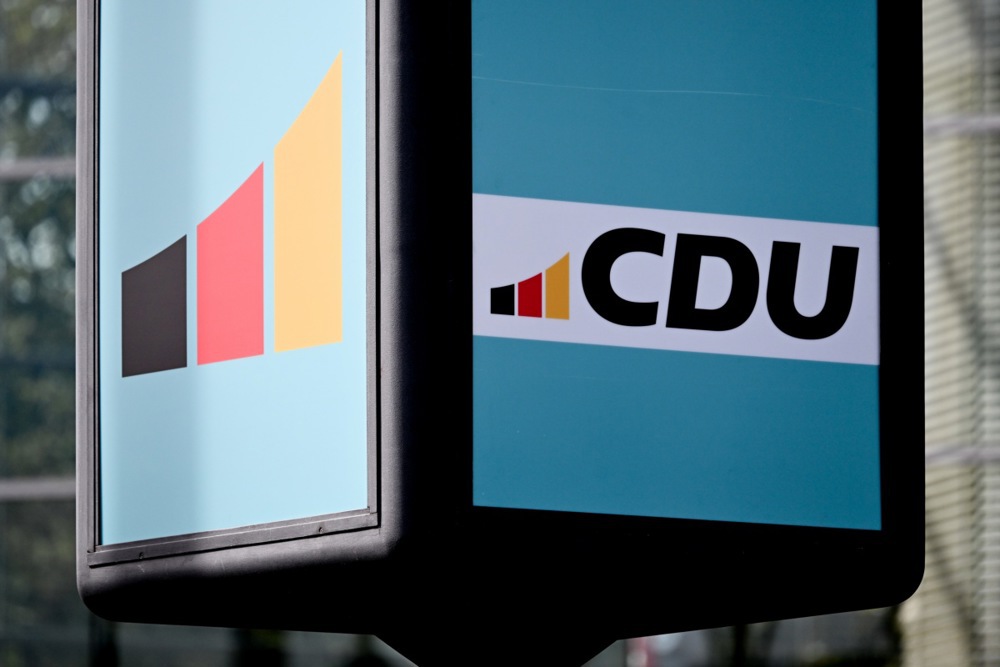German authorities are legally allowed to keep spying on the country’s second-largest political party, a court has ruled.
Populist group Alternative for Germany (AfD) has been monitored by Germany’s spy agency the Federal Office for the Protection of the Constitution (BfV) since being designated as a “suspected right-wing extremist” group.
An attempt by the AfD to challenge this designation at the State level has now fallen through, with the Higher Administrative Court in Münster rejecting the party’s appeal that the designation was unlawful.
According to the court, the BfV has acted with a sense of “proportionality” with its initial classification of the AfD as a possible extremist group.
It added that such a decision was in keeping with the German Constitution, as well as both local and European law more generally.
In response to the decision, Germany’s interior minister Nancy Faeser celebrated the ruling, adding that the further marginalisation of the AfD within the political system was positive for the country.
“Today’s ruling shows that we are a defensive democracy,” she said.
The AfD has confirmed that it will appeal the decision at the federal level, although according to Der Spiegel, such an appeal can only deal with the process of the decision and not the core facts established in Münster.
Maximilian Krah MEP, the German Alternative für Deutschland party’s list leader in June’s elections, will take a back seat in the campaign amid a controversial case of alleged espionage, following a crisis meeting with AfD bigwigs. https://t.co/hpHEPB5aSw
— Brussels Signal (@brusselssignal) April 25, 2024
Such a ruling comes as part of a hard 2024 so far for the AfD.
Having ridden high in the polls in 2023, reaching a record 23 per cent in December, the party has since experienced a number of unfortunately timed scandals, most of which revolved around governmental investigations.
Just weeks before the European Parliament elections in June, three of the party’s MEPs have become embroiled in scandal, with German state officials going public with allegations against Dr Gunnar Beck, Petr Bystron and a parliamentary aide of AfD list leader Maximilian Krah.
In the case of Beck and Krah, both investigations are related to matters that have been under scrutiny for more than a year, with details of both scandals being made public by authorities in the run-up to the June vote.
The rash of scandals correlates with the party sliding in the polls and an INSA survey published on May 12 indicated the group now holds 17 per cent public support.
This still makes it the second-largest party in the country, though, with the group now holding a two-point lead over the third-largest, the ruling Social Democratic Party (SPD).
German MP @PetrBystronAfD, who is number two on the AfD’s European Parliament election list, has told his party he categorically denies bribery allegations against him. https://t.co/CGln9jcvjJ
— Brussels Signal (@brusselssignal) April 9, 2024





